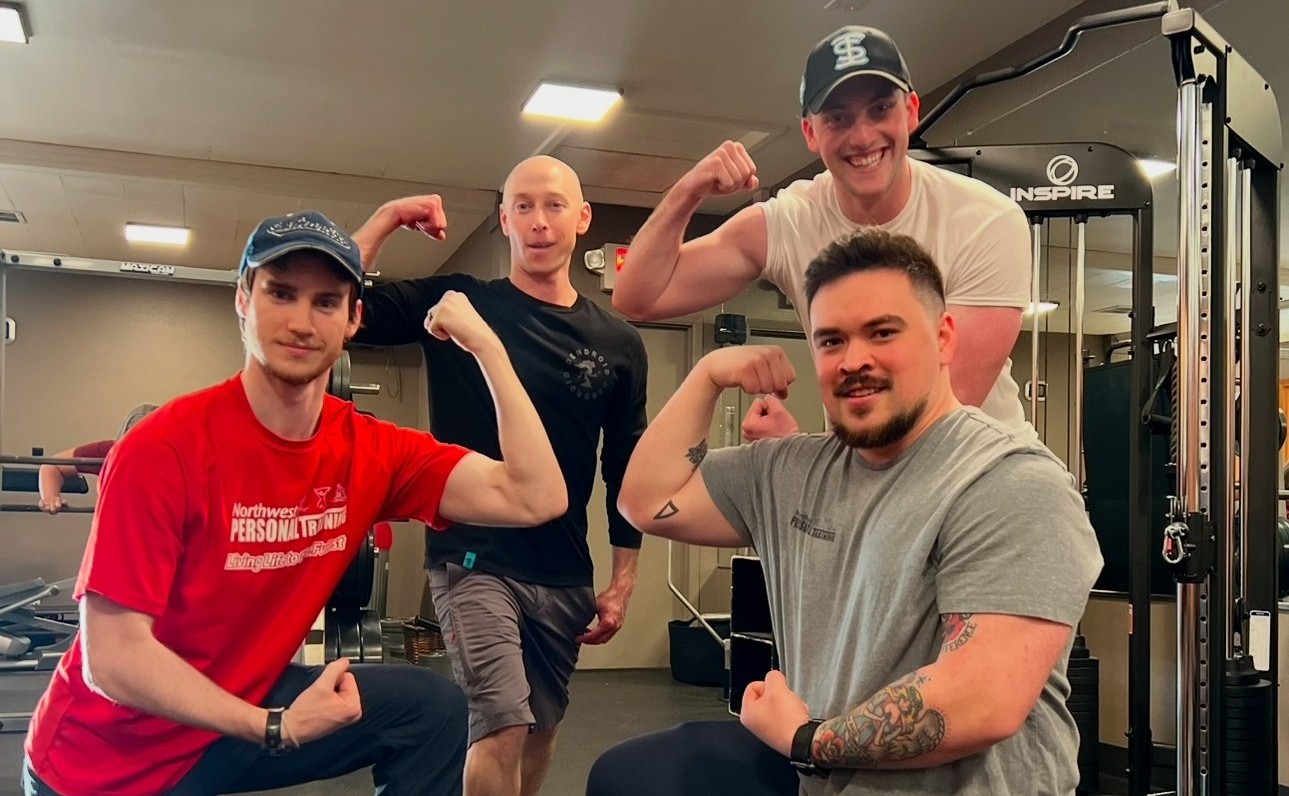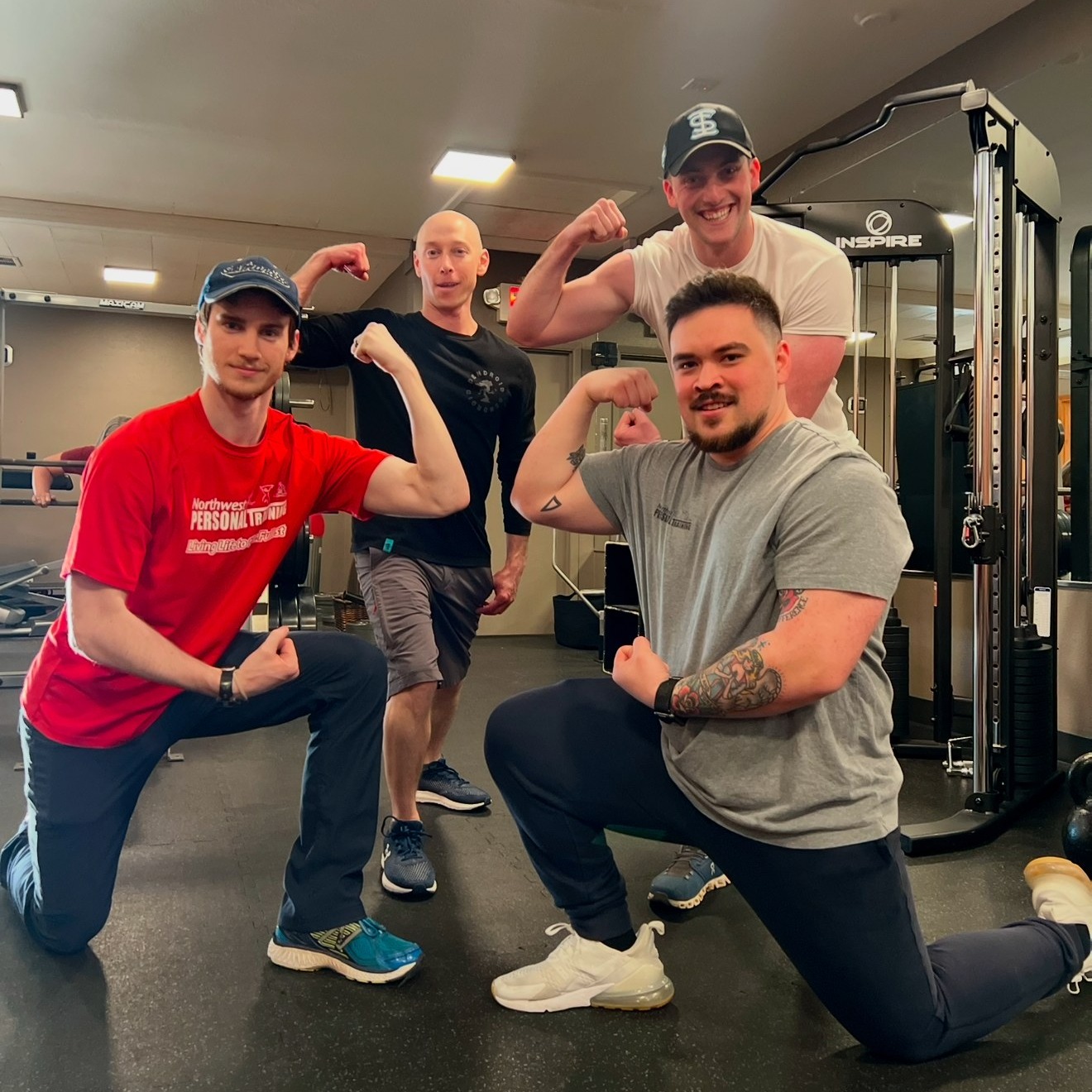Failure or Fatigue for Optimal Fitness Gains

In pursuing fitness, particularly in strength training, it’s a common belief that pushing yourself to total failure is the only path to results. But is going to failure truly necessary—or even wise? Which is better—failure or fatigue for optimal fitness gains? Understanding the difference between muscular failure and Momentary Muscular Fatigue (MMF) is key to training smarter, not harder.
Which is Better? Failure or Fatigue for Optimal Fitness Gains
Muscular Failure
Muscular failure occurs when you push a muscle to its absolute limit. At this point, your form often deteriorates, your body recruits muscles not intended for the movement, and compensation patterns emerge. This can lead to increased risk of injury, particularly if you’re lifting heavy or not fully in control of the motion. While it might seem like a badge of honor, training to failure every session can lead to burnout, joint strain, and even overtraining.
 Momentary Muscular Fatigue (MMF)
Momentary Muscular Fatigue (MMF)
Momentary Muscular Fatigue is a safer and more effective benchmark. MMF is the point during a set where your target muscles are thoroughly challenged—you’re giving near-max effort, but you can still complete each rep with proper form and mechanics. You might be working hard, and those final two reps may feel like a grind, but you’re not compromising technique or safety.
Research Supports Momentary Muscular Fatigue
Numerous studies have shown that most muscular gains occur within the final few reps before failure, typically about two reps shy. This “sweet spot” is where you stimulate growth and strength adaptations without the unnecessary risk of pushing to absolute failure. It’s better to be safe than sorry, especially as you get older, when your connective tissue may be more prone to injury and may not be as resilient.
Training to MMF Supports Long-Term Progress
It allows you to recover more effectively, reduces the likelihood of injury, and helps maintain consistency—all crucial for building strength and endurance over time. You don’t need to leave the gym feeling wrecked to have made progress. What matters most is whether the set was challenging.
How do You Know if You’ve Reached MMF?
You’ll feel the effort. Your muscles will be working hard, and the last couple of reps will be tough, but your form will remain solid. If you breeze through a set without breaking a sweat or feeling any muscular effort, it likely wasn’t enough load to create the stimulus for improvement. If you’re not feeling the challenge, it’s time to increase the repetitions and/or resistance.
By learning the difference between failure and momentary muscle fatigue, you can train intelligently, avoid unnecessary risks, and make consistent progress.
You don’t have to destroy your body to build it. Just challenge it—and do so with intention.
Yours in health & fitness,
Sherri McMillan
Top Tips to Build and Preserve Muscle
Why Training Your Muscles is Absolutely Critical!
